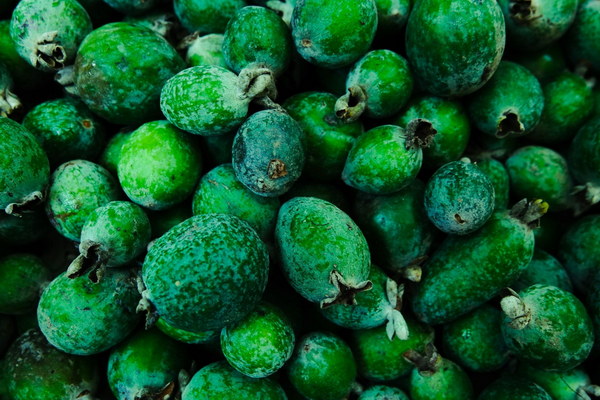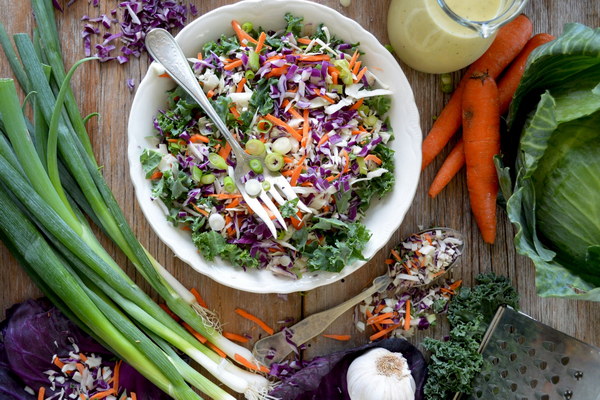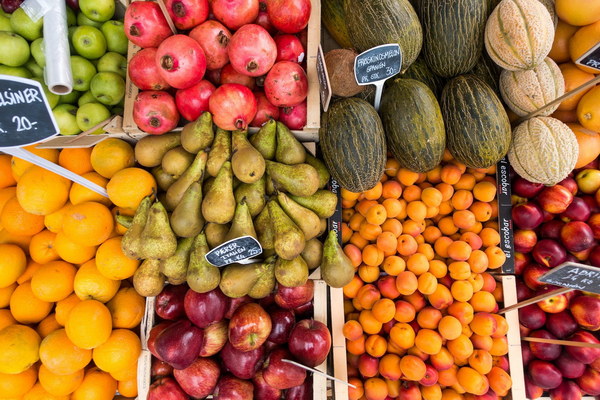Post-Hysterectomy Recovery A Comprehensive Guide to Nutritional Support
Post-Hysterectomy Recovery: A Comprehensive Guide to Nutritional Support
Undergoing a hysterectomy is a significant surgical procedure that can have a profound impact on a woman's physical and emotional well-being. While the surgery itself is often a necessary step for health reasons, the recovery process can be challenging. One crucial aspect of healing is proper nutrition. This article delves into the importance of nutritional support after a hysterectomy, providing a comprehensive guide to help you navigate this critical phase of recovery.
Understanding the Nutritional Needs Post-Hysterectomy
The body undergoes a variety of changes following a hysterectomy, and these changes can affect your nutritional requirements. Here are some key considerations:
1. Increased Caloric Needs: Recovery from surgery requires additional energy, so you may need to consume more calories than usual. However, it's important to focus on nutrient-dense foods rather than empty calories.
2. Protein Intake: Protein is essential for tissue repair and healing. Your body will need extra protein to rebuild and strengthen muscles and tissues affected by the surgery.
3. Iron and Vitamin C: Iron deficiency is common after surgery due to blood loss. Consuming iron-rich foods along with vitamin C, which enhances iron absorption, can help prevent anemia.
4. Calcium and Vitamin D: These nutrients are crucial for bone health, especially if you have experienced bone loss as a result of the surgery or hormonal changes.
5. Fiber: A diet rich in fiber can help prevent constipation, a common side effect of pain medications and reduced physical activity during recovery.
Tailoring Your Diet for Optimal Recovery
Here are some dietary strategies to consider after a hysterectomy:
1. Balanced Meals: Aim for a well-rounded diet that includes a variety of fruits, vegetables, whole grains, lean proteins, and healthy fats.
2. Protein-Rich Foods: Incorporate protein sources such as lean meats, fish, poultry, dairy products, eggs, legumes, and plant-based alternatives.
3. Iron-Rich Foods: Consume iron-rich foods like lean red meat, poultry, fish, beans, lentils, tofu, and fortified cereals. Pair these with vitamin C-rich foods to enhance iron absorption.
4. Calcium-Rich Foods: Include dairy products, leafy greens, almonds, and fortified foods in your diet to maintain bone health.
5. Stay Hydrated: Drink plenty of fluids, especially water, to aid digestion and prevent constipation.
6. Mindful Eating: Pay attention to your body's signals of hunger and fullness to avoid overeating or undereating.
Specific Foods and Supplements
Here are some specific foods and supplements that can support your recovery:
1. Omega-3 Fatty Acids: Found in fish oil, flaxseeds, and walnuts, omega-3s can help reduce inflammation and support overall health.
2. Green Tea: Rich in antioxidants, green tea may aid in wound healing and has anti-inflammatory properties.
3. Probiotics: These beneficial bacteria can help maintain a healthy gut, which is important for overall well-being and immune function.
4. Prebiotics: Foods high in prebiotics, such as bananas, onions, garlic, and asparagus, can help probiotics thrive in your gut.

Meal Planning Tips
To ensure you're getting the necessary nutrients, consider the following meal planning tips:
1. Preparation: Plan your meals in advance to avoid making impulsive food choices that might not be beneficial for your recovery.
2. Smoothies and Juices: Blend fruits, vegetables, and protein powders into smoothies or juices for a quick, nutrient-rich meal or snack.
3. Healthy Snacks: Keep a stock of healthy snacks like nuts, seeds, yogurt, and fruit to satisfy between-meal hunger.
4. Ease into Hearty Foods: As you recover, start with lighter meals and gradually introduce more substantial foods as your tolerance improves.
Conclusion
Recovery from a hysterectomy is a journey that requires patience and attention to detail, especially when it comes to nutrition. By understanding your body's specific needs and implementing a well-rounded diet, you can support your healing process. Remember to consult with your healthcare provider before making any significant changes to your diet or starting new supplements. With the right approach to nutrition, you can help ensure a smooth and healthy recovery after a hysterectomy.









